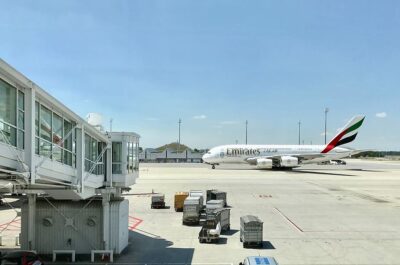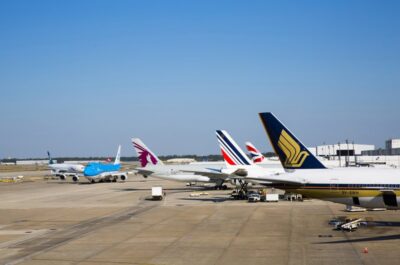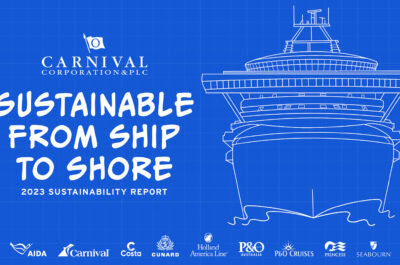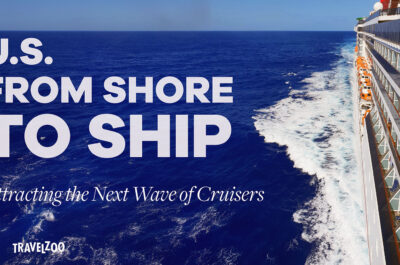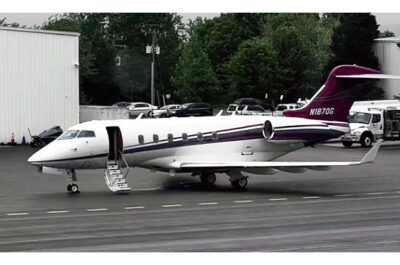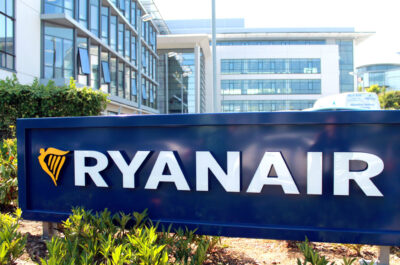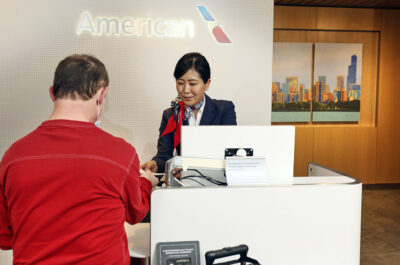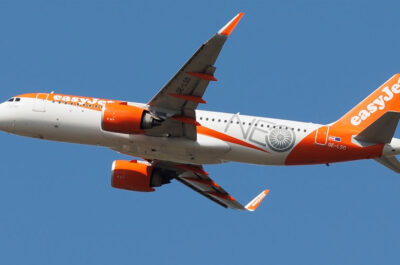Airline strategies to reduce price transparency, undermine consumer protections and diminish competition will harm consumers.
WASHINGTON, DC – Business Travel Coalition (BTC) called on the U.S. Department of Transportation (DOT) to investigate the latest anti-competitive and anti-consumer airline initiative. The Travel Technology Association this morning released a study authored by Dr. Fiona Scott Morton, a former Deputy Assistant Attorney General at the Antitrust Division of the U.S. Department of Justice and current economics professor at Yale’s School of Management, that analyzes the value of consumers having access to complete and accurate information when comparison shopping for air travel options on online travel agency (OTA) and metasearch websites. (The study can be downloaded at .)
Airline-direct distribution has been reduced from 11 channels in 2005 to 4 today as the Big Three U.S. airlines (Delta, American, United) have engineered a radical consolidation of the domestic airline industry. Some U.S. airlines have been pulling airfare and schedule information from OTAs harming consumers and these indirect distribution-channel competitors. The airline-direct channel competes for customers with the OTAs, which is good for consumers. With fewer airlines, the direct channel has become much more dominant and now this fortified market position can be used to muscle out competition. The biggest risk in consolidation of any industry is tacit coordination. If one of the Big Three pulls fares out of an OTA that firm could lose up to 20 percent of industry-wide fare inventory. If another of the Big Three follows, then that OTA could be forced from the market.
“Independent distributors’ interests are in alignment with consumers’ interests in the important sense that both parties want and need complete and accurate pricing information. Strong, independent distributors are necessary to keep the airlines honest on their own websites and in their offerings elsewhere to consumers. OTAs and metasearch sites uniquely provide consumers with the comparison-shopping tools that keep pricing discipline in the system,” stated BTC founder Kevin Mitchell. “In the alternative, consumers would have to go to the Walled Garden of each airline website and spend hours trying to determine the best deal. Of course, often, they would not find that best deal, and absent the comparison-shopping tools provided by OTAs, pricing pressure would go down while prices would go up,” added Mitchell.
BTC believes that DOT must connect the many dots that make up the Big Three’s post-consolidation strategy and act to prevent the further erosion of competition and to safeguard consumers’ interests. That strategy appears to many observers to include profit-maximizing and anti-consumer tactics of reducing price transparency, undermining consumer protections and diminishing competition.
Benefits of Preserving Consumers’ Ability to Compare Airline Fares
Photo caption: Atlanta Hartsfield Jackson International Airport.
Theodore is the Co-Founder and Managing Editor of TravelDailyNews Media Network; his responsibilities include business development and planning for TravelDailyNews long-term opportunities.













